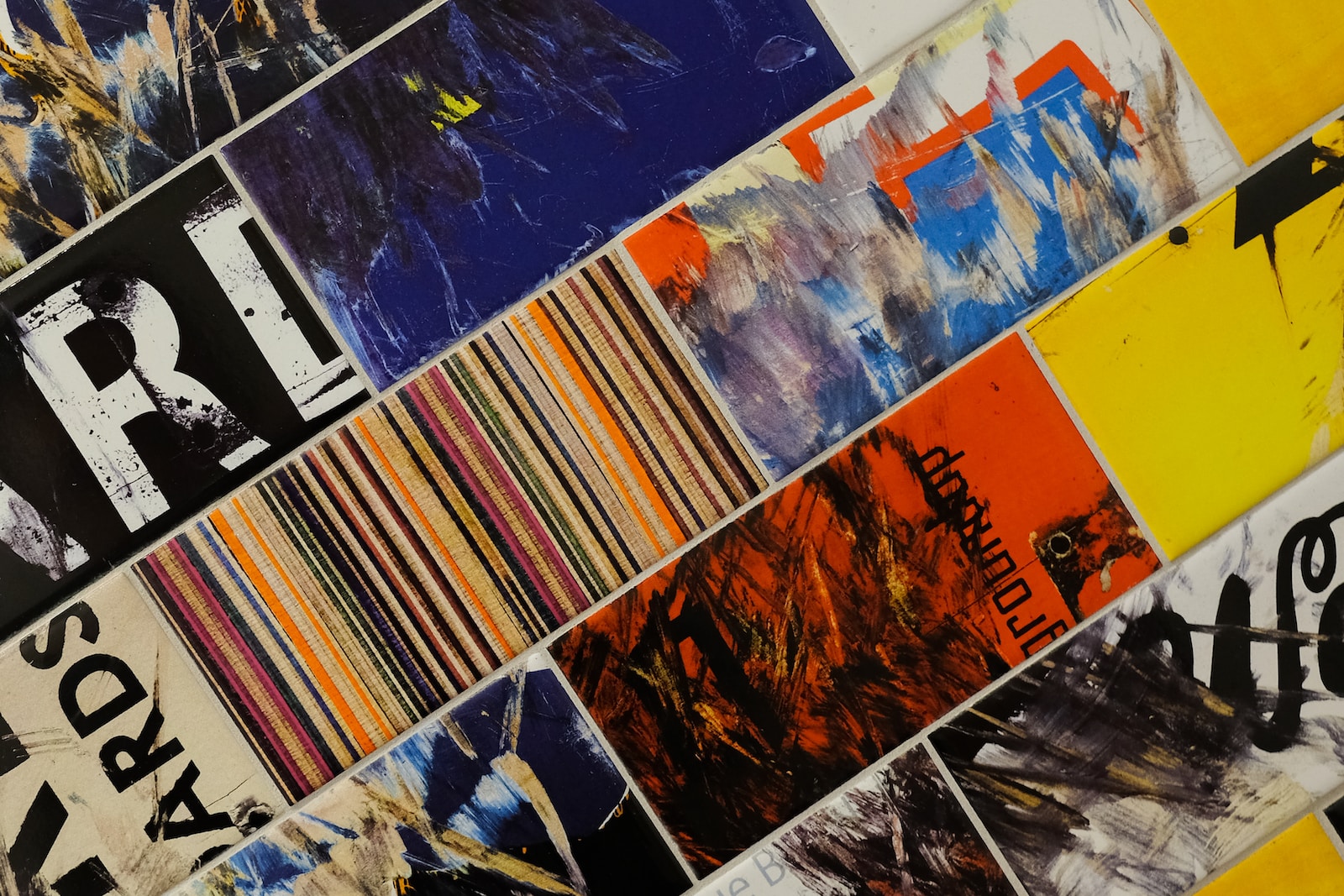There are hundreds of translation agencies in the UK – and choosing the right one is no easy feat.
As a potential client, you hear a lot of the same things. They all claim to work with big brands, all say they have great processes and communicate their focus on quality.
Yet in actual fact every agency is very different – with different processes, approaches and specialisms. It just takes a bit of work to identify their strengths and weaknesses – and find the right one for you.
How to choose a translation agency
In this post we’ll look to give some advice to help you decode the confusion, and choose a good partner – based on our 20 years in the industry.
This post should help give you the tools to choose a translation agency, and maintain your reputation – in your job and as a business.
What are you looking to achieve?
Before finding the right partner, you should think about what positive outcomes you’re looking to achieve.
Is it a quick understanding of a document? Is this document going to be printed thousands of times? Is this a marketing translation, which could make or break your international campaign?
As you can probably gather, the service you need is relative to the importance of the translation.
If you simply need to understand or translate a foreign-language document for information purposes only, you can afford to be price-led in your choice.
But if a high level of linguistic quality is needed, and especially for digital or printed publication purposes, you need to be much more considered and get the right partner in place.
Know your audience
Good translation agencies will build your project around the desired audience – taking that into consideration as part of the brief.
Being aware of your ideal audience can help the agency provide you with the best linguists for the project. Being unclear could lead to mixed results.
Ask potential suppliers how they plan to adapt their processes, given the specific audience you’re targeting. Have they done work targeting a similar audience before?
The answers could give you a really good indication of which translation agency is the best fit.

Plan your timescales
You know that brochure you spent months working on?
It’s probably going to take more than a couple of days to translate and artwork it in 10 languages – to the same quality at least.
You need to plan adequately, and a good translation agency will work with you to put together reasonable timescales. Beware the agencies with a standard timescale: look to invest in a “partner” flexible to your needs, rather than a standard “supplier”.
Get in touch early, and work together to produce the right results.
Do you need desktop publishing for your artwork?
If you’re using desktop publishing (DTP) software, considering space is a big factor when it comes to your artwork.
Let’s say you’re adapting original designs to fit a translation – for example for magazines, posters or presentations.
Did you know some translations will increase character count of a document by up to 30%? For instance, when translating to Dutch, Danish or Turkish. On the other hand, Chinese can contract by as much as 30-40% – which brings a different challenge.
If your translation is intended for a format such as Powerpoint, InDesign or Photoshop, you might want to consider DTP support to make sure your designs look as good as when they started.
Some translation agencies (such as Brightlines) have specialised expertise in adapting complex artwork perfectly for foreign markets. It is always worth having a conversation with your prospective translation agency about their skills in this area, as getting them to adapt the artwork will save you considerable time and costs.
What about tech support?
The tech implications of website translation could be a post in itself. As could software or app translation.
But the bottom line is this – the translation is step one. Getting the translation into your program is a whole new phase.
Have a good conversation about who is responsible for what – and how the translation agency can help you get phase two done. It’s an important part of the brief, and missing it out could hold up the project, ideally get this detail sorted early.
It’s not all about price!
Buying the cheapest translation is a rookie mistake, a mistake which you’ll only make once.
Getting translation right takes time, and it takes the best linguists. The best linguists are highly qualified, experienced and specialised, and they are not the cheapest. Enough said.
Vet the translation agency you plan to use properly. Check who they already work with and ask for case studies. Then be really confident in choosing a premium partner who can deliver you the quality you need.
We would advise you that if the price is too good to be true, don’t go for it. Nobody outside your finance department will thank you for buying poor-quality translations, they could seriously damage your overseas reputation.
Good translation takes time
If the timescales are particularly quick from a potential translation agency, or standardised, there almost certainly will be a compromise somewhere.
Whether it’s because they split the translation or because they are using machine translation for the initial stage, a quick (also see: painless) translation sounds appealing… but isn’t necessarily the way forward.
An agency which manages your expectations, but may not be the quickest, is probably going to produce a better-quality outcome.
Don’t be drawn in by unrealistic timescales.
What specialism does the agency have?
Whoever you are and whatever you do, you are best off choosing an agency that is geared up to do your translation job.
What we mean by that is that different agencies are set up for different purposes.
Some are all about high-volume and low-margin, looking to achieve high outputs – ideal for some clients. Others specialise in certain industries or disciplines, and others may be multidisciplinary.
Brightlines for example, specialises in marketing translation, across industries and we’re really good at anything that requires a high level of accuracy. We understand the importance of sentiment and emotion – and evoking the right response from your audience.
Whatever your industry or expertise, whatever you specialise in, think carefully about what your potential translation partner stands for and can offer you.

Get a feel for cultural alignment
Like any outsourced relationship, there’s a potential for culture clash. You outsource because you want to make life easier, and achieve an outcome. But cultural alignment is often overlooked.
Do the values of your potential supplier match yours? Are they – like you – quality-focused? Do they operate at a fast pace, just like you do? Or are they detail-orientated like you, if you are?
You should ask open-ended questions about what it’s like to work with any potential partner, this will help you determine whether you will work well together.
Don’t compare apples with pears
Make sure the service levels are equal. Are you also buying proofing? Editing? DTP?
Make sure you have an itemised quote and that every requirement is detailed. Which leads us nicely into…
The brief
We can’t understate the importance of providing a brief!
A brief is a great leveller for the price comparison. But it also gives you a chance to communicate what you want to achieve, the intended audience, and the outcomes you are looking for.
To make life a little easier, we’ve created a template which you can have for free, with no obligation. Just email [email protected] with a quick note, and we’ll be more than happy to provide you with a free briefing template – which should make your life a lot easier.







